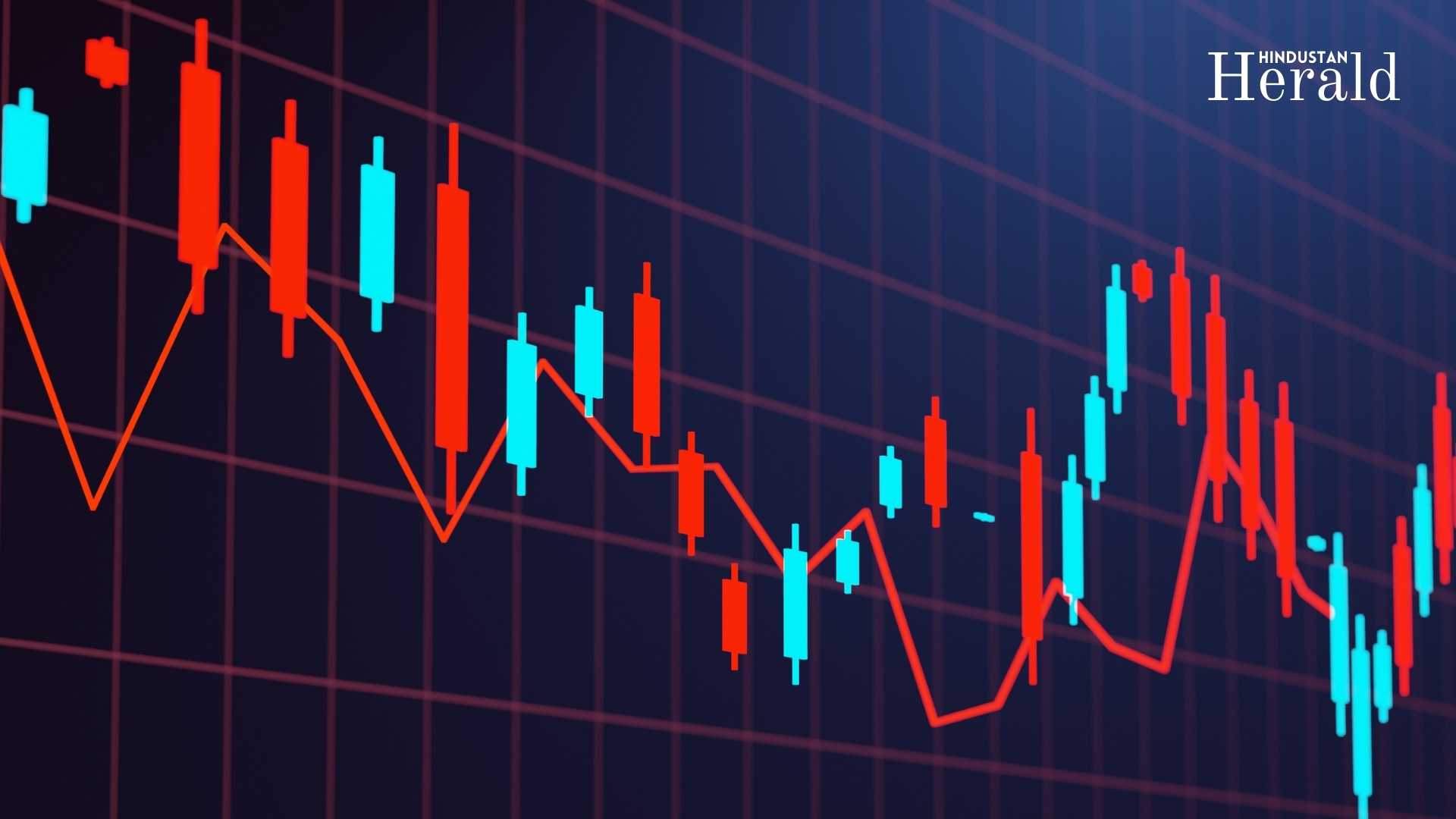Klaus Schwab Steps Down from World Economic Forum After 53 Years at the Helm
Klaus Schwab, the architect of Davos, officially resigns as WEF Chair after five decades of global influence, handing over interim duties to Peter Brabeck.

Key Highlights:
Klaus Schwab Resigns from WEF After Over Five Decades of Leadership
Klaus Schwab, the 87-year-old founder and long-time Chair of the World Economic Forum (WEF), has officially resigned from his post as of April 21, 2025, ending a remarkable 53-year tenure that saw the Davos meeting evolve into one of the world’s most influential gatherings of political and business elites.
The announcement, confirmed by the WEF Board of Trustees, came following an extraordinary governance session held on April 20.
Peter Brabeck Appointed Interim Chair Amid Transition
In Schwab’s absence, the Board named Peter Brabeck-Letmathe, WEF Vice Chairman and former Nestlé CEO, as interim Chair. A formal global search process is now underway to appoint a permanent successor.
Schwab cited his approaching 88th birthday as a “natural juncture” for the leadership handoff, stating that “the time has come for a new generation to guide the Forum through today’s complexities.”
Schwab’s Legacy: Architect of Davos and Global Dialogue
Schwab founded the WEF in 1971, initially as the European Management Forum, which later evolved into a powerful platform fostering public-private cooperation. Under his leadership:
- The annual Davos meeting became a hub for world leaders, CEOs, economists, and activists
- He promoted the idea of stakeholder capitalism, advocating inclusive economic models
- WEF launched initiatives on climate change, digital transformation, and global health equity
However, in recent years, the forum has faced criticism for being elitist, disconnected from everyday citizens, and for allegedly promoting a “globalist” agenda without democratic accountability.
Controversies Shadow Final Years
Schwab’s departure comes amid scrutiny over the WEF’s internal culture. A recent Reuters report cited employee complaints involving harassment, discrimination, and executive mismanagement, although the WEF has denied any wrongdoing and said measures were being taken to improve workplace standards.
Despite these challenges, the WEF emphasized that it remains committed to its mission of fostering cooperation to address global fragmentation, climate urgency, and digital inequality.
Global Reaction to Schwab’s Exit
| Region | Reaction Summary |
|---|---|
| Europe | Leaders praised Schwab’s economic vision |
| U.S. | Mixed — recognition of influence, criticism of elitism |
| Asia | Business leaders emphasized WEF’s platform role |
| Activist groups | Called for greater transparency and inclusion |
The resignation marks the end of an era in global diplomacy, as Schwab was often considered the “godfather of globalization.”
What’s Next for the World Economic Forum?
- A global executive search firm will oversee the recruitment of Schwab’s successor
- The 2025 Summer Davos in Tianjin is expected to be led by the new leadership
- Focus is likely to shift toward rebuilding public trust, inclusivity, and youth engagement
With major geopolitical and economic realignments underway, the future of the WEF will depend on how it adapts beyond its founding identity.
Final Take on Klaus Schwab’s Departure
Klaus Schwab’s resignation is more than a leadership transition — it symbolizes a generational shift in global thought leadership. As the world grapples with polarization, AI disruption, and climate urgency, the World Economic Forum’s next chapter may require not just new leadership, but a new narrative for relevance.
Stay updated with the latest from Hindustan Herald — your trusted source for
Politics, Business, Sports, Entertainment, Lifestyle, Breaking News, and More.
📲 Follow us on Facebook, Instagram, Twitter, LinkedIn, and YouTube
🔔 Join our Telegram channel @hindustanherald for real-time news alerts.








